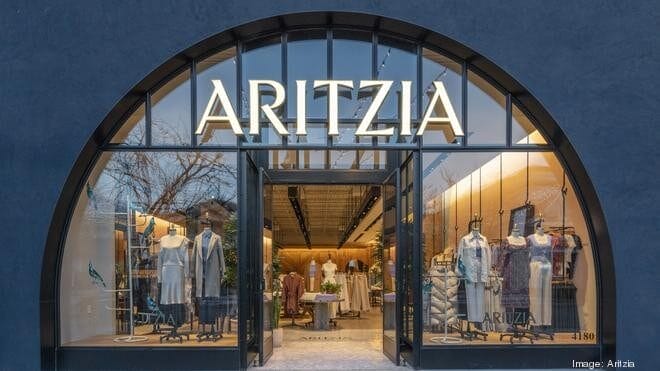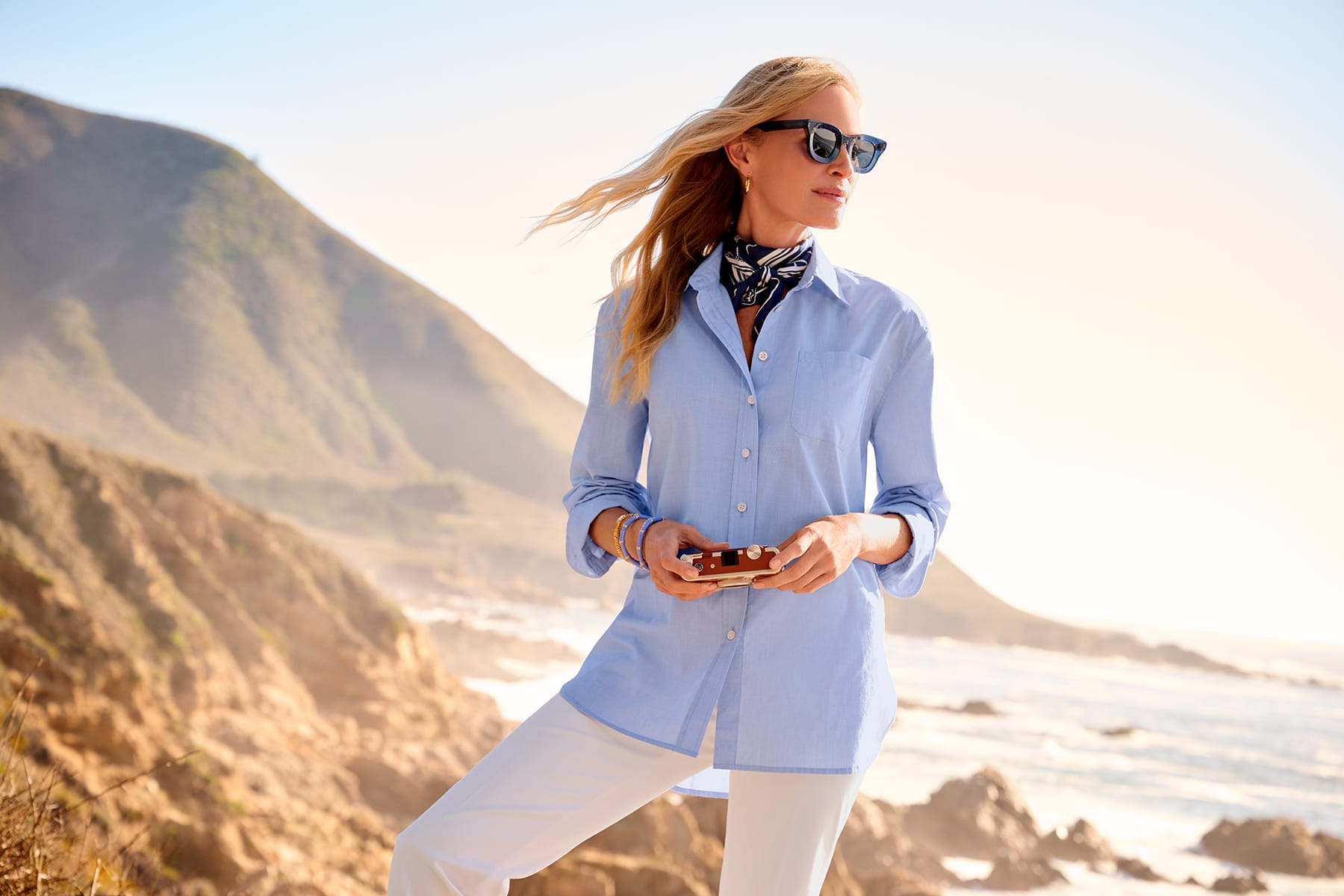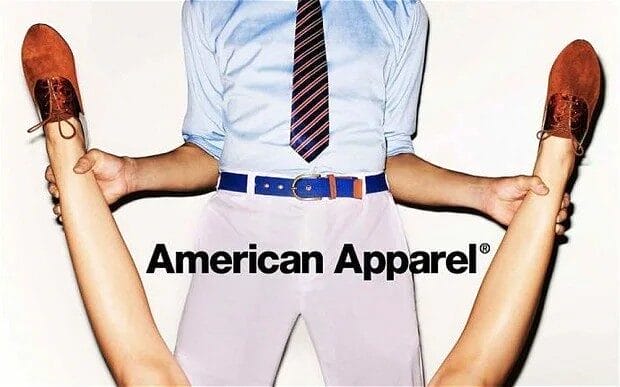- Why Attorney Fees Were Denied Despite Chanel’s Clean Sweep
- The Corti Factory Scandal: A Cautionary Tale for Authentication
- Critical Lessons for Designer Handbag Resellers and Consigners
- Trademark Usage Restrictions Reshape Reseller Marketing
- The $4.5 Trillion Counterfeit Crisis
- Industry Impact and Future Outlook
In a significant ruling that will reshape how luxury resellers approach brand partnerships and authentication practices, a New York federal judge has denied Chanel’s request for attorney fees. While Chanel walked away with a substantial $4.56 million total award—comprised of $4 million in jury-awarded statutory damages, $560,979 in litigation costs, and $12,739 in disgorgement of profits—the court’s denial of attorney fees for $6.7 million sends a critical message about the boundaries of “exceptional” trademark cases.
Why Attorney Fees Were Denied Despite Chanel’s Clean Sweep
Judge Stanton’s decision to deny attorney fees, despite Chanel’s overwhelming legal victory, centers on a fundamental shift in Second Circuit law. Under the 2019 4 Pillar Dynasty ruling, willful infringement alone no longer automatically qualifies a case as “exceptional” under the Lanham Act.
“This is not an exceptional case,” Judge Stanton wrote, emphasizing that “trademark infringement is a familiar matter to every judge of this Court, and this dispute did not present particularly complex legal questions.” The jury deliberated for less than two hours before delivering a unanimous verdict, suggesting the case’s straightforward nature.
Crucially, the court noted that while WGACA’s willful infringement was proven with 13 counterfeit handbags bearing stolen serial numbers from the Corti factory, these violations represented only “a small percentage of WGACA’s overall sales of CHANEL-branded items, which were mostly in the bounds of the Lanham Act.” This distinction will be vital for resellers moving forward—scale and proportion of violations matter significantly in determining liability severity.
The Corti Factory Scandal: A Cautionary Tale for Authentication
The case hinged on WGACA’s sale of handbags with stolen serial numbers from Chanel’s authorized Corti manufacturer. Testimony revealed that 30,000 authenticity cards were stolen before being linked to legitimate handbags in Chanel’s Orli system. These voided serial numbers later appeared in counterfeiting raids, yet WGACA continued selling bags with these identifiers even after Chanel’s explicit warnings.
“WGACA’s seemingly nonchalant response to Chanel’s legal concerns” included CEO Seth Weisser dismissing Chanel’s cease and desist letter as “Very funny. So legal.” This cavalier attitude toward brand protection concerns became central evidence of willful infringement.
Critical Lessons for Designer Handbag Resellers and Consigners
The ruling establishes several non-negotiable principles for luxury resellers:
1. Serial Number Verification is Paramount
The court’s extensive focus on Chanel’s Orli authentication system demonstrates that serial number verification must be central to any reseller’s authentication process. Resellers cannot simply rely on physical inspection—they must verify that serial numbers haven’t been voided or reported stolen.
2. Brand Notification Creates Legal Liability
Once a brand formally notifies a reseller about specific problematic items, continuing to sell those pieces transforms potential oversight into willful infringement. The court noted WGACA sold multiple handbags “after Chanel notified WGACA that they bore voided serial numbers.”
3. Authentication Gaps Become Evidence
The jury learned about “gaps in WGACA’s authentication and recordkeeping procedures,” which became supporting evidence for willful infringement claims. Resellers must maintain comprehensive documentation of their authentication processes and any brand communications.
4. Hardware Authenticity Doesn’t Guarantee Legitimacy
The court rejected WGACA’s argument that genuine Chanel hardware proved authenticity, noting that “Frankenstein bags” can contain authentic components while remaining counterfeit overall. This ruling emphasizes the need for holistic authentication approaches.
Trademark Usage Restrictions Reshape Reseller Marketing
The permanent injunction issued against WGACA creates a new template for how luxury resellers must approach brand marketing. Key restrictions include:
-
Prohibition on using Chanel trademarks in hashtags or discount codes
-
Requirements for serial number photography on all listings
-
Mandatory disclaimers stating no authorization or authentication by Chanel
-
Restrictions on using Chanel’s name alone in advertisements
These requirements will likely become industry standard across luxury resale platforms, fundamentally changing how resellers can market designer goods.
The $4.5 Trillion Counterfeit Crisis
This case unfolds against a backdrop of escalating counterfeit trade, with an estimated $4.5 trillion lost annually to counterfeit trade globally. The luxury authentication service market is responding with 10.2% projected growth through 2031, driven by AI-powered detection systems and blockchain traceability.
“Counterfeits have evolved. They’re being made more quickly and accurately than ever,” noted The RealReal president Rati Sahi Levesque. This sophistication makes professional authentication services increasingly essential for resellers seeking to avoid WGACA’s fate.
Industry Impact and Future Outlook
The ruling’s broader implications extend beyond WGACA to the entire $50.9 billion luxury resale market. Legal experts note this case provides “guidance to resellers on the parameters of a fair use defense to trademark infringement claims” and establishes new standards for describing authenticity.
For consignment shops and individual resellers, the case underscores that federal law makes it illegal to create, transport or sell counterfeit designer goods, with first-time trafficking convictions carrying penalties up to 10 years in prison and $2 million in fines.
The bottom line: While Chanel’s attorney fee denial might seem like a victory for resellers, the $4.56 million judgment and comprehensive injunction establish that brands will aggressively protect their trademarks in the secondary market. Success requires robust authentication processes, immediate compliance with brand notifications, and transparent marketing practices that respect intellectual property boundaries.

















